Glaucoma Articles
This is the place for the latest information about our work here at Glaucoma Research Foundation and for current events in the world of eye health. All breakthroughs and insights are made possible through the dedication of researchers, and through the continued financial support and active involvement of the community.

Understanding Who is at High Risk of Having Glaucoma
Nearly half of those with glaucoma do not know they have the disease. This has been shown repeatedly in studies conducted in developed countries.

Glaucoma and Driving
Answers to common questions about driving safely if you have glaucoma.

Do It Right To Preserve Your Sight
The only proven treatment to prevent glaucoma from developing or getting worse is to lower the pressure in the eye.

Aerobic Exercise for Neuroprotection
Many glaucoma patients ask their doctors, “What else can I do to help preserve my vision?” One answer may be to get off the couch—and get moving.

Who knew I had Glaucoma? I didn’t.
Neither do 1.5 million other Americans. Approximately half of the glaucoma population in the U.S. goes undiagnosed.
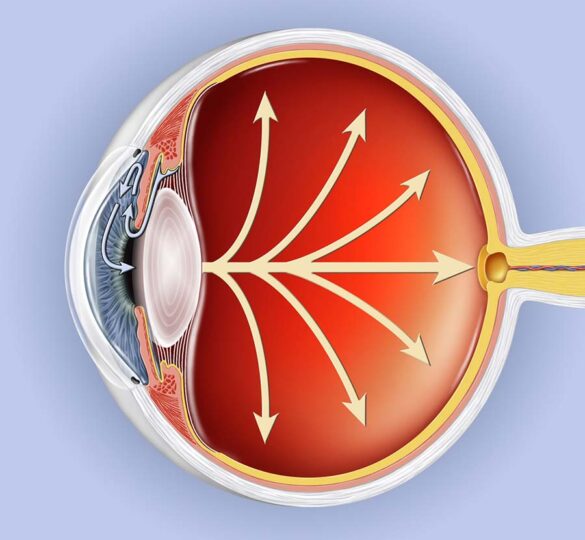
Canaloplasty: A Surgical Alternative for Glaucoma
Canaloplasty is one of several surgical alternatives to lower pressure for patients with glaucoma.

What Causes Vision Loss in Glaucoma?
Researchers hope that by studying other neurodegenerative diseases, we can identify common causes that will help us develop new treatments for glaucoma.

Roger McGuinn: Singer-Songwriter and Guitarist
In the midst of a busy schedule that goes with a successful music career, Roger McGuinn has always made time for regular eye exams.

Glaucoma Implant Surgery
A glaucoma drainage implant is a small device placed in the eye to treat glaucoma.

Update on Alternative Glaucoma Medications
In research studies, vitamins have had little or no effect as a glaucoma treatment.

What is Bleb Needling?
Bleb needling is generally considered a safe outpatient procedure performed in the doctor’s office.

If I Have a Large Optic Nerve Cup, Does That Mean I Have Glaucoma?
The second most significant risk factor for the development of chronic open-angle glaucoma is the size of the central cup “cupping” of the optic nerve head.

Hypotony
I’ve recently had filtering surgery, and now my eye pressure is very low. My doctor says I have a condition called hypotony. Can you tell me what this is?

Eye Drops May Delay or Prevent Glaucoma in African Americans
Eye drops that reduce elevated pressure inside the eye can delay or possibly prevent the onset of glaucoma in African Americans at higher risk for developing the disease, researchers have found.
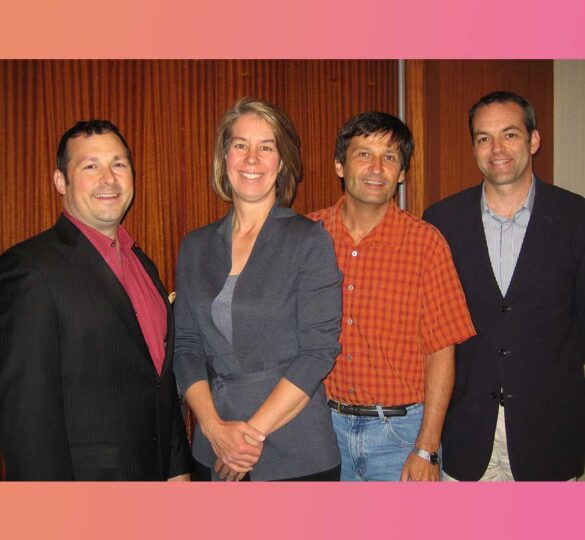
Catalyst for a Cure Roundtable (CFC1)
These videos with the Catalyst for a Cure researchers were filmed during a roundtable interview discussion in January 2011 at the Palace Hotel in San Francisco.
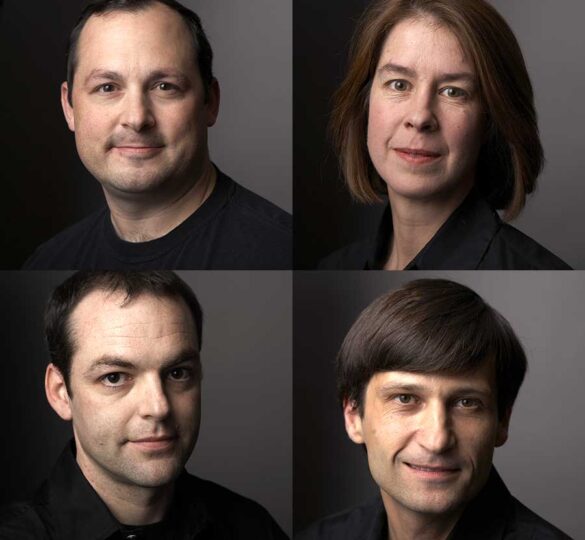
Catalyst for a Cure (CFC1) Report: Nine Years of Innovation
The Catalyst For a Cure has reshaped the direction of glaucoma research by taking a pioneering approach that should become a model for research in other diseases.

Stephanie Handler: Discovering Glaucoma
Stephanie was shocked to learn she had glaucoma after discovering that the vision in her left eye was blurred.
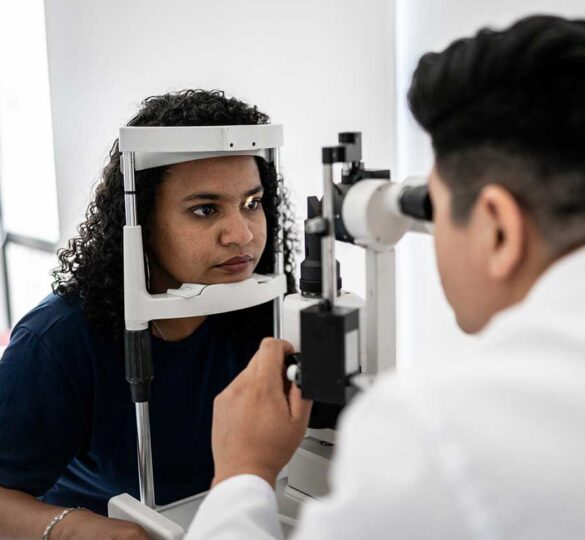
Ron Payne: “I’ve Seen What Glaucoma Can Do”
Ron Payne of Philadelphia has seen both his mother and his sister lose their sight to glaucoma.
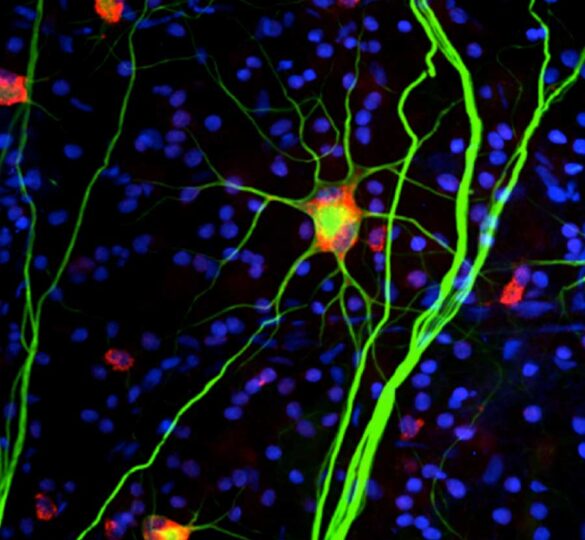
Catalyst for a Cure 2011 Progress Report
The research team identified a period of vulnerability for retinal ganglion cells early in the disease, when these cells are more sensitive to metabolic insults and stressors.

Surgical Treatments for Pediatric Glaucoma
While there are both medical and surgical treatments for pediatric glaucoma, surgery remains the mainstay of therapy for primary infantile glaucoma as well as many other forms of glaucoma in children.
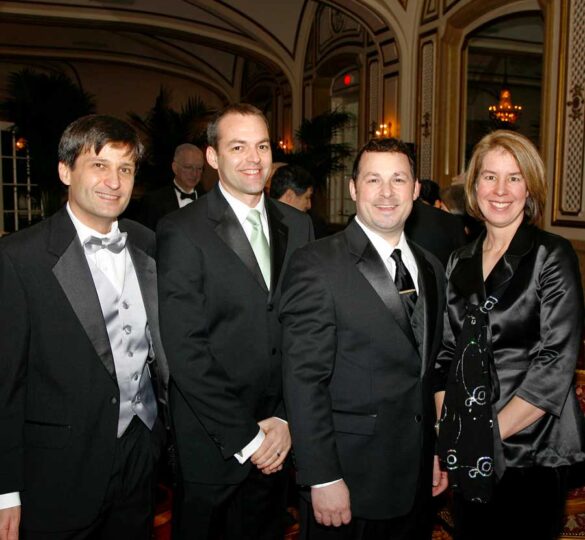
Catalyst for a Cure Identifies Key Early Events in Glaucoma
During the year 2009, the investigators of the Catalyst for a Cure (CFC1) consortium worked together to probe how retinal ganglion cells are damaged and decline in glaucoma.

Brain Holds Early Signs of Glaucoma
In a recent study, David Calkins, PhD discovered that the first sign of injury in glaucoma actually occurs in the brain.
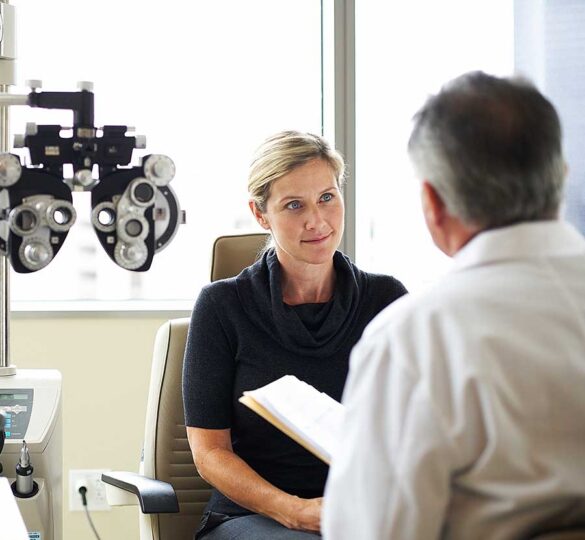
What is Irido Corneal Endothelial Syndrome (ICE)?
ICE or iridocorneal endothelial syndrome is a rare form of glaucoma which usually is found in only one eye.

CFC Scientists Reply to Questions about Genetics and Glaucoma
The Catalyst For a Cure (CFC1) researchers are: David Calkins, PhD, Philip Horner, PhD, Nicholas Marsh-Armstrong, PhD, and Monica Vetter, PhD.
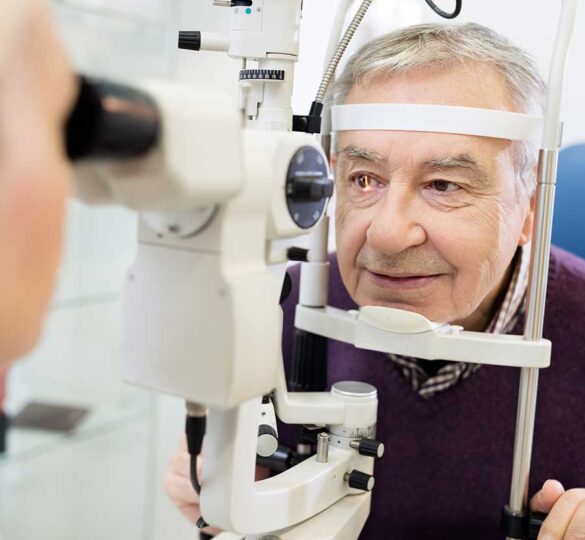
Study Proves Lowering IOP Preserves Vision
Before this study was done, there was a difference of opinion on whether intraocular pressure (IOP) was involved in optic nerve damage even when IOP was in the normal range.